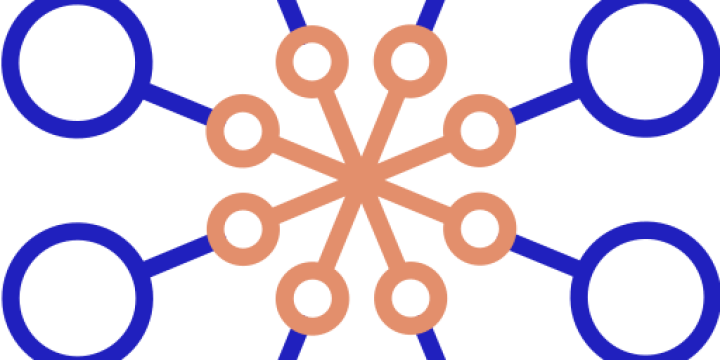News & Insights
Advice from Associates – Questionnaires Part 1
Before you begin thinking about a questionnaire, be really clear with about what the data you are collecting are going to be used for. Firstly, there’s no point in collecting information you don’t need (it just makes the questionnaire longer), but it helps to make sure you don’t miss out really vital facts. So, for example, if you know that a proposal you’re consulting on might lead to compensation for property owners, you would probably wish to separate response views out into those from respondents who owned property, and those who didn’t; it would be wise, therefore, to ask not only whether they owned property or not – but whether the property they owned would be affected by the proposal (e.g. is the property they own in the path of the proposed development?).
Barry Creasy
More news
Public bodies often ask the wrong question. They ask whether they consulted enough. The law asks whether they used good...
We’re relaunching our Thursday morning sessions from February, and we want to know what you’d like to explore Good news:...
Starting 5th February, join us every Thursday from 11am to 12pm for informal, expert led discussions on consultation and engagement...


